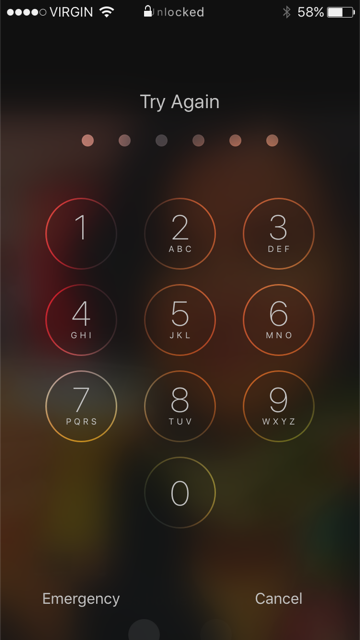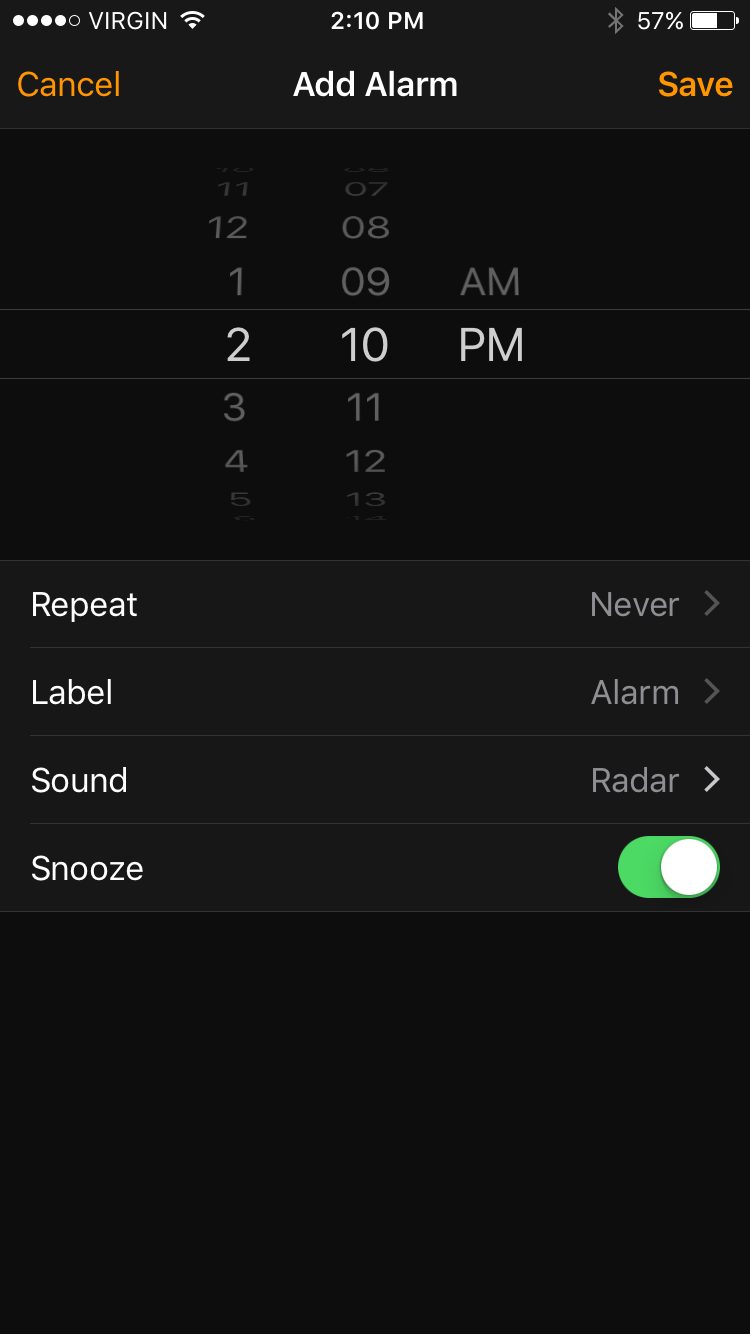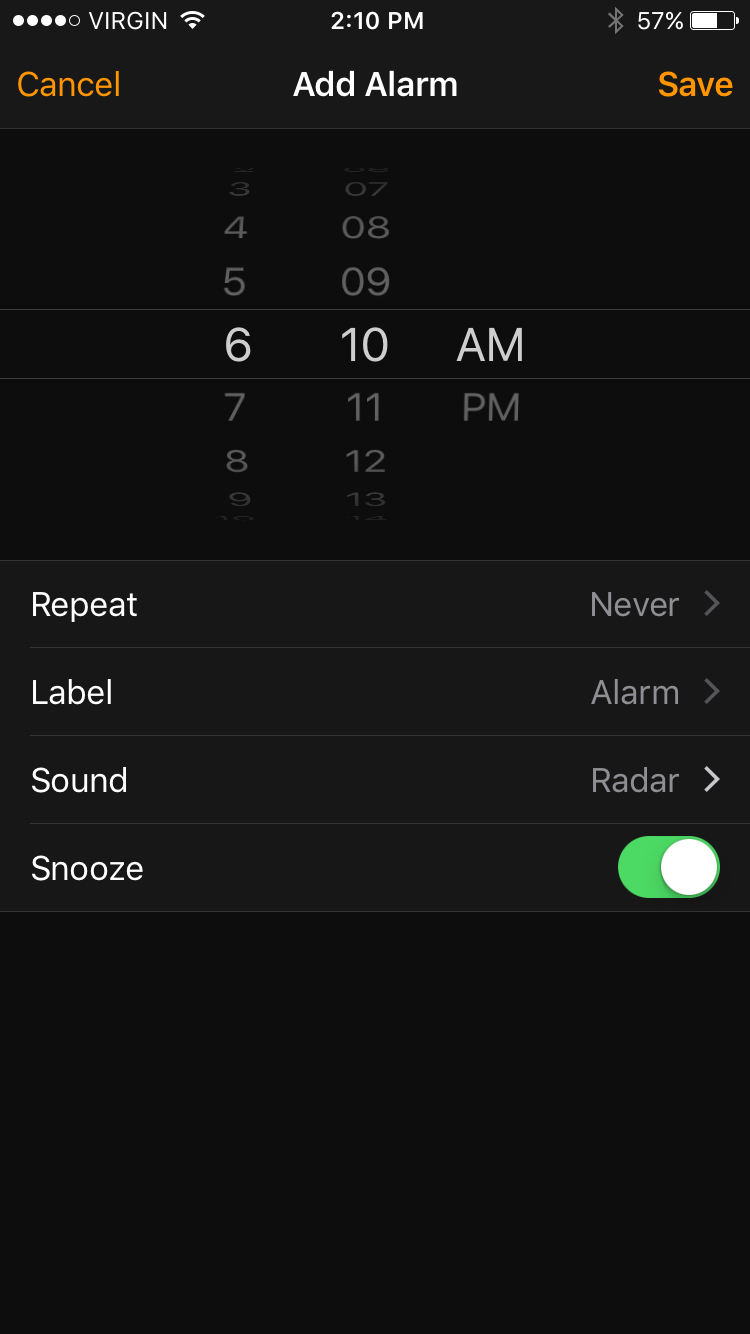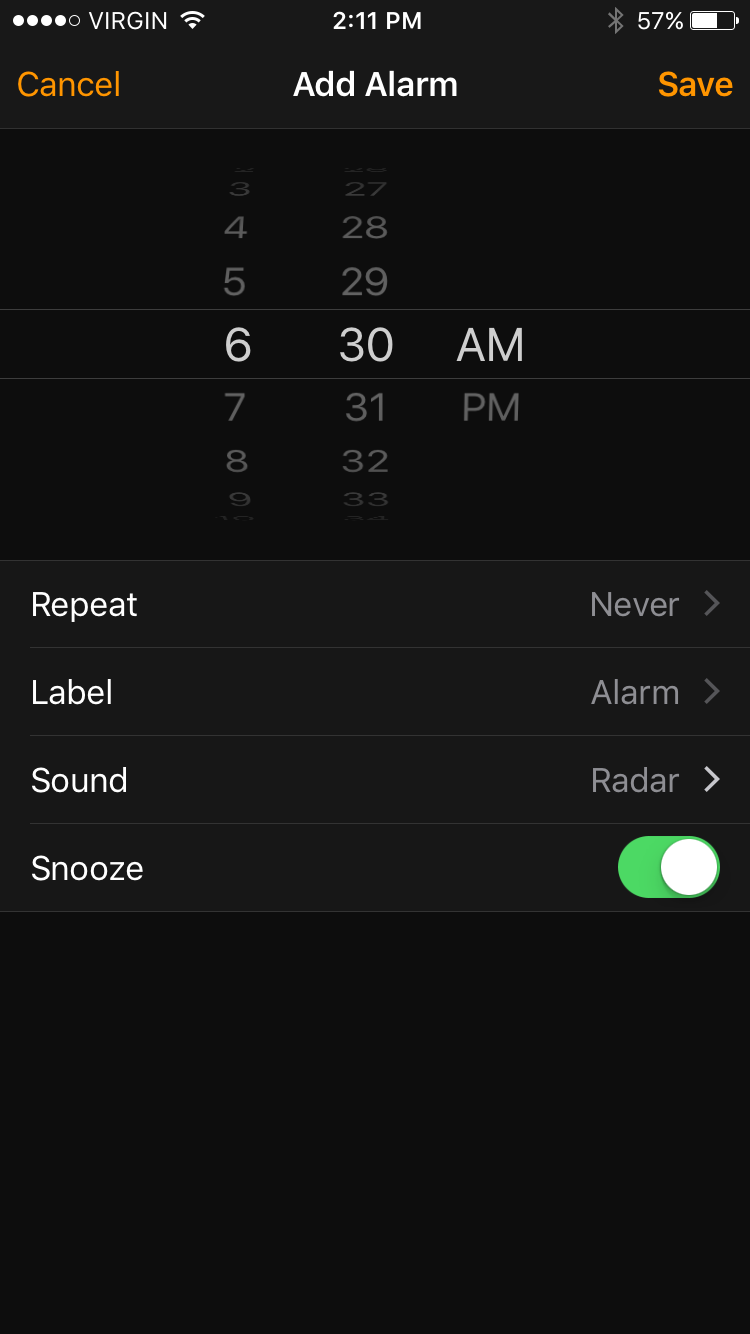How To Build Bots For Business
Alex Bunardzic, May 25, 2017
About the presenter
Holistic software developer
Holistic?
Taking all aspects of software development into consideration
50% analysis,
50% process,
50% engineering
Analysis: measure twice, cut once
Process: continuous delivery
Engineering: purity in programming (no unwanted side effects)
Analysis, process and engineering are not considered in isolation
These three activities influence and inform each other, resulting in 150% yield
Fighting two principal enemies of quality software delivery:
1. Hidden assumptions
2. Tight coupling with operational interfaces
Mobile First


Peak App?
Is the App Boom over?
49% Mobile Users Have Downloaded 0 Apps Per Month
Source:
http://www.comscore.com/Products/Audience-Analytics/MobiLens
Month Average Ending June 2016

Mobile Apps Are Frustrating
- Difficult to discover
- Difficult to evaluate before deciding whether to buy the app or not to buy it
- Time consuming to download and install
- Difficult to configure
- Once installed, difficult to find on the mobile device
- Once evaluated, difficult (impossible?) to get your money back
- If retained, difficult to keep up with inevitable upgrades
Is there an alternative?
Instant Messaging/Chat
Majority of users are spending a lot of their digital minutes chatting
Follow the Market!
Customers are used to chatting with friends, family, coworkers
It would be convenient if they could chat with services as well
Chatbots! (bots for short)
Conversational Commerce
Advantages/benefits of Conversational Commerce
Convenient
Nothing to download
Nothing to install
Nothing to configure
No need to authenticate (the user is already authenticated on the channel)
Nothing to learn (users already know how to text back-and-forth)
Nothing to purchase (texting is the same for any client)
Nothing to upgrade (texting does not require beefier and beefier clients)
Easy to cancel any eventual subscription
Voice-activated
Advantages over GUI
Example: I need to set my alarm clock
Using traditional app:
Step 1: Unlock my phone

Step 2: Find and open the Clock app

Step 3: Activate the Alarm tab

Step 4: Find the '+' function and activate the Add Alarm

Step 5: Scroll up/down to pick the alarm hour

Step 6: Scroll up/down to pick the alarm minute

Step 7: Make sure you picked AM instead of PM!
Voila!

Doing the same alarm setup using Conversational User Interface (CUI):
"Siri, wake me up tomorrow morning at 6:30"
Advantages/benefits for the business
No need to invest in AngularJs, React, MobX, Acid-reflux and all that jazz
Text is text, voice or typed/read
Screenless User Interface
Snappy responses are less of an issue with bots
It's OK if a bot takes a bit of time to respond
Most bots available on the market today are focused on
individual users
This universally accepted approach is clearly setting bots for a failure
Current state of NLP technology is immature, resulting in bots that are confusing and frustrating to use
Even the simplest of bot interactions quickly deteriorate, leaving users disenchanted

Following my last question, the conversation died and the bot became permanently unresponsive
This fiasco is caused by the misplaced focus on trying to serve human users by pretending to be yet another human
(the casual tone of the conversation and the faux human avatar)
People are fickle
People keep changing their minds in the middle of conversation
Even fairly experienced human experts often face challenges when fielding customer requests
Bots stand little, or no chance dealing with all the quirks and foibles humans throw at them
The state of AI would have to advance significantly before we could rely on bots to serve finicky users
In the meantime?
Focus on building
bots for business!
Why?
Bots for business are easier to tame
Also, bots for business are very helpful to the businesses
Much more likely to get funding when building something that helps the business
Two families of bots
1. Concierge

2. Butler

Concierge
Loyal to the Corporation
Butler
Loyal to the Individual
Butler
- Focused on learning about its owner's habits
- Focused on detecting recurring behavioural patterns
- Trained to respect the owner's preferences
Butler Bot
- Stars in many Hollywood movies
- Needs heavy duty AI
Concierge
- Focused on learning about the corporate goals
- Focused on consistent customer service
- Trained to detect business opportunities (i.e. up-sell/cross-sell)
- Sets the tone of the conversation
Concierge Bot
Establishes the conversational protocol
Concierge Bot
Doesn't necessarily need beefy AI
Conversation with a
narrow focus
Example: Medical Receptionist


Typical experience with a Medical Receptionist (Concierge)
Typical experience with a Medical Receptionist (Concierge)
- Receptionist sets the tone of the conversation
Typical experience with a Medical Receptionist (Concierge)
- Receptionist sets the tone of the conversation
- Establishes the conversational protocol
Typical experience with a Medical Receptionist (Concierge)
- Receptionist sets the tone of the conversation
- Establishes the conversational protocol
- Asks for pertinent information (name, insurance, phone, date of birth)
Typical experience with a Medical Receptionist (Concierge)
- Receptionist sets the tone of the conversation
- Establishes the conversational protocol
- Asks for pertinent information (name, insurance, phone, date of birth)
- Impervious to any attempts to spark up irrelevant conversation
Typical experience with a Medical Receptionist (Concierge)
- Receptionist sets the tone of the conversation
- Establishes the conversational protocol
- Asks for pertinent information (name, insurance, phone, date of birth)
- Impervious to any attempts to spark up irrelevant conversation
- If a visitor refuses to comply, receptionist may ask them to leave
Concierge Bot model requires rudimentary NLP
Challenges
Challenges
Even rudimentary NLP is a huge challenge!
Google Assistant

What do businesses value?
What do businesses value?
- Predictability
What do businesses value?
- Predictability
- Coherent behaviour
What do businesses value?
- Predictability
- Coherent behaviour
- Consistent behaviour
What do businesses value?
- Predictability
- Repeatability
- Coherent behaviour
- Fully controllable behaviour
Four Levels of Communication Protocol
Four Levels of Communication Protocol
- Command protocol
Four Levels of Communication Protocol
- Command protocol
- Keyword protocol
Four Levels of Communication Protocol
- Command protocol
- Keyword protocol
- Structured phrase protocol
Four Levels of Communication Protocol
- Command protocol
- Keyword protocol
- Structured phrase protocol
- Free form (informal) protocol
Command protocol
Command protocol
- CLI (Command line interface)
Command protocol
- CLI (Command line interface)
- Escape syntax ('/', forward slash, or '@' or '!' etc.)
Command protocol
- CLI (Command line interface)
- Escape syntax ('/', forward slash, or '@' or '!' etc.)
- Example: '/help', or '@help', or '!help' and so on
Command protocol
- CLI (Command line interface)
- Escape syntax ('/', forward slash, or '@' or '!' etc.)
- Example: '/help', or '@help', or '!help' and so on
- Globally scoped (same meaning regardless of context)
Good example: Git
Conversation context
Keyword protocol
Keyword serves to alert the bot that the context of the conversation has changed
Example: @doctor
- User may interrupt the conversation by mentioning the keyword @doctor
Example: @doctor
- User may interrupt the conversation by mentioning the keyword @doctor
- The bot will realize that @doctor is not found in the list of commands
Example: @doctor
- User may interrupt the conversation by mentioning the keyword @doctor
- The bot will realize that @doctor is not found in the list of commands
- The bot will find @doctor in the list of keywords
Example: @doctor
- User may interrupt the conversation by mentioning the keyword @doctor
- The bot will realize that @doctor is not found in the list of commands
- The bot will find @doctor in the list of keywords
- The bot was trained to switch the conversation context upon hearing @doctor and will pick the appropriate subsequent question, such as "would you like me to schedule doctor's appointment?" etc.
Structured phrase protocol
Less formal than keyword protocol
Less predictable/controllable/repeatable than keyword protocol
Useful for enhancing natural flow of the conversation
To be used judiciously and sparringly
Free form (informal) protocol
Bot will receive many messages that do not contain commands, keywords, nor structured, predefined phrases
How to cope with free-form messages?
Honesty is the best policy?
Being 100% honest and replying with "I don't know"
Copout
Better to meet the user halfway
Fake it till you make it?
Risks and Pitfalls
Prank calls
Malicious calls
Messages that don't contain commands, keywords or predefined structured phrases must be scrubbed
How?
Protocall
curl --data "content=Some word or phrase" http://protocall.herokuapp.com/sentiments/findIf everything else fails -- humour :)
Addendum: show us some code!
Bad code first ;)


What's wrong with that code?
Let me count the ways...
- Difficult to find
- Difficult to read
- Difficult to reason about
- Difficult to modify (very difficult!)
- Difficult to troubleshoot
- Difficult to debug
- Difficult to document
- Difficult to estimate the impact of a simple change
Is there a better way?
Implementing deterministic conversational workflow in Ruby
Simplified scenario
- User (shopper) asks the bot to see the catalog
- The bot messages back with the catalog
- User picks an item and sends it to the bot as a message
- Bot checks if the user chose an existing item in the catalog, or if the user said something unrelated
"The process of software development is breaking down large problems into smaller problems, building components that solve those smaller problems, then composing those components together to form a complete application." -Eric Eliott
Bot Architecture
Two Layers
Commodity layer
Core competence layer
Commodity Layer
- Messaging channels (SMS, Messenger, WhatsApp, Slack, etc.)
- Natural Language Processing/Understanding (NLP/NLU)
- Computing infrastructure (servers, clients, message queues...)
Core Competence Layer
- Business application domain-specific code
- Business entities
- Business operation
Business Operation
- Dispatching
- Authentication/authorization
- Validation
- Business rules/processing logic
- Persistence
- Response
Business Entities
- User
- Conversation
- Context
Conversation
- Belongs to User
- Remembers messages received from the User
- Remembers replies to the User
- Declares the next step
- Drives the workflow
Next step?
Determined by the business logic
How is next step implemented?
If using imperative approach

More desirable to implement next step using declarative approach
Compartmentalize processing logic into isolated components
Similar to REST and HATEOAS
In REST isolated components are implemented as resources
HATEOAS provides the next step
Building blocks (i.e. components that solve smaller problems)
Use case driven: each use case encapsulates one component
1. Create a component ProcessCatalogSelection

Declare next step to be "TakeItemSelection"
2. Create a component TakeItemSelection

Declare next step to be "TakeItemQuantity"
And so on...
How to execute this workflow?
Create a main driver component:
Entry with a single method: dispatch

The main engine runs on two lines of code:
1. clas = next_step.constantize
2. clas.new(params)
OK, but where is the next step coming from?
next_step = user.conversations.last.next_step

https://medium.com/bots-for-business
Questions?
-
https://twitter.com/alexbunardzic
-
https://medium.com/alex-bunardzic
Copy of deck
By Alex Bunardzic
Copy of deck
- 1,025



